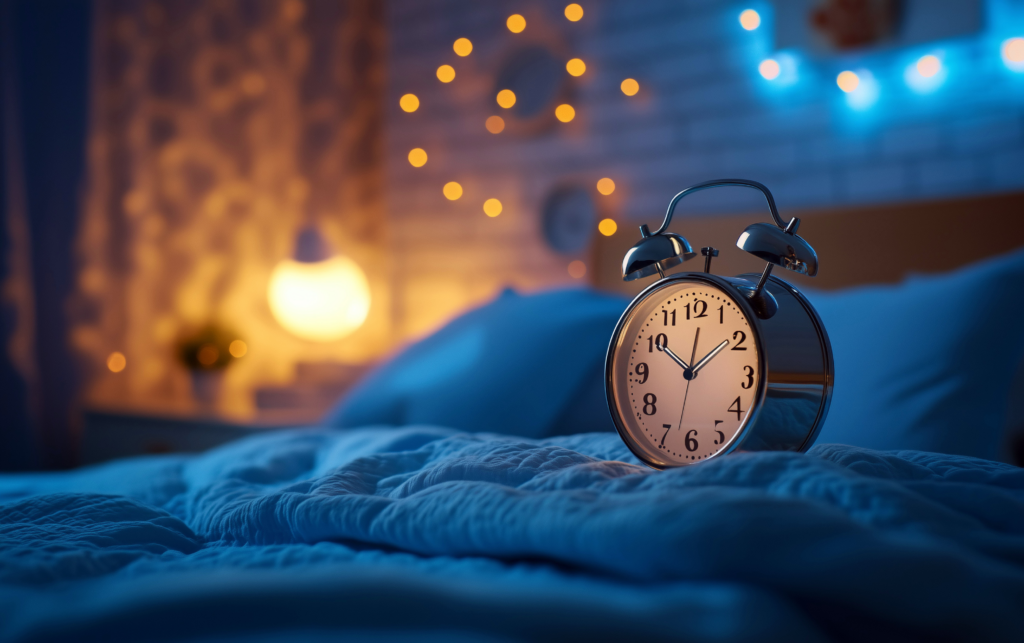Intermittent fasting isn’t meant to starve yourself — it’s about cutting back on calories for short periods of time.
What Happens To Your Body When You Fast?
After a meal, your body turns sugar into glucose, releases it into the bloodstream, and uses it for energy. Any extra energy is stored in your body to use at a later time. When you fast, your body is depleted of blood glucose. Your body will then look for another energy source, naturally switching to fat. Regularly flipping on this “metabolic switch” can aid in weight loss and lead to other health benefits, such as improved glycemic control and decreased cholesterol and blood pressure.
It’s important to pair fasting with a healthy diet. Fueling your body with lean proteins, vegetables, and healthy fats between fasting periods activates your satiety hormones, so you’ll feel full and satisfied prior to your fast.
4 Tips for Success
Be Consistent
Consistency is key when it comes to building new habits and routines. Select a 16-hour fasting period that works best for your schedule so that it fits naturally into your life. For example, if you enjoy having early family dinners each night, you might fast from 7 p.m. until 11 a.m. the next day.
Hydration Is Key
We recommend you drink at least half of your water intake by the afternoon to prevent dehydration. Stick to zero-calorie fluids like water, seltzer, diet soft drinks, or Crystal Light. If you begin to feel hungry, a cup of warm tea or black coffee can help curb cravings.
Continue to Track Food
Track your daily food intake with an app like MyFitnessPal to ensure your body gets the nutrients it needs during your non- fasting hours. You can even track your mood throughout the process and make any necessary adjustments to find your ideal fasting period.
Stay Busy
The best way to go through a fasting period is to keep yourself busy. If your mind is idle, you may start thinking more about food or start counting the hours until you can eat. Set yourself a goal at work and try to achieve it, clean out your house, read a book, or learn how to play an instrument.
Book an appointment with one of our Licensed Medical Providers today to take the first step on your weight loss journey toward a healthier and happier you.

















